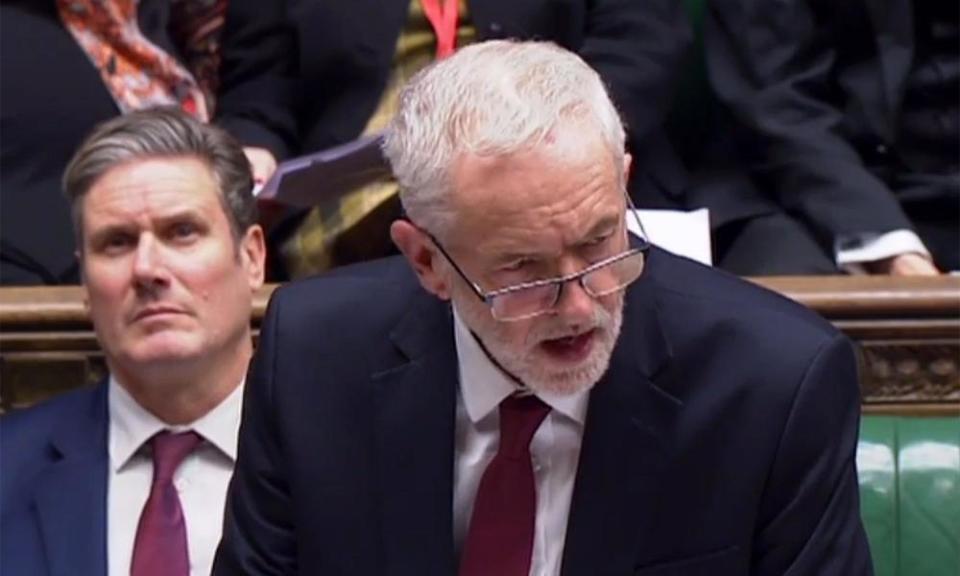The Labour party’s role in or out of the EU

Two articles in two days – “Labour should have nothing to do with this failed project” by Paul Mason (11 December) and “Our manifesto to save Europe from itself” by Thomas Piketty (10 December) – lay out an ambitious but realisable policy for the Labour party and an imminent Labour government in an influential leadership role in the EU.
Strategically, Labour has to secure the election of a Labour government, led by Jeremy Corbyn, through a general election, following a parliamentary vote of no-confidence in the current government or whatever more opportune tactic. Then it must finesse a second referendum that results in a national vote to remain in the EU, based on a manifesto of “a globalist and socially liberal attitude to life, the desire for a radical programme of redistribution and investment in, and support for, human rights” as outlined by Paul Mason. This must incorporate participation in the type of fiscal restructuring by taxing the very wealthy multinational corporations and heavy environmental polluters in order to fund EU-wide social programmes. These would include intra-EU movement and the social and economic integration of migrants proposed by Thomas Piketty in his recounting of a “Manifesto for the democratisation of Europe”, developed by an international group of European economists, politicians, historians and social activists, building upon the closing sections of Piketty’s popular book Capital in the Twenty-First Century.
Such a strategy will, inter alia, potentially place the UK centrally in the social democratic leadership of the EU. This will require Jeremy Corbyn to engage publicly with European politics at the most senior level, a process that he, with the support of the party, should embark upon with haste, particularly in view of his record of a somewhat questionable attitude towards the UK’s engagement with the EU.
Patrick Wakely
London
• We agree with Paul Mason that Labour needs to change its Brexit strategy, but question his claim that no acceptable form of Brexit is “achievable in the conditions of 2019”. Labour wants a general election; the government wants parliament to approve the deal it has negotiated with the EU. As things stand, neither can get what it wants against the other’s opposition. But both could achieve their goals if Labour undertook to back the deal in return for a government pledge to hold a general election in the early summer of 2019, when the UK will have ceased to be a member of the EU.
An agreement along these lines would resolve the current stalemate, command widespread public support and help to restore the reputation of our political institutions. And a compromise that remainers and leavers in both main parties could live with would clear the way for an election in which all parties would offer their plans for dealing with the other big issues, from the finance of public services to the battle against climate change, which have been crowded out by the Brexit debate.
Barbara MacLennan and David Purdy
Stirling
• Join the debate – email guardian.letters@theguardian.com
• Read more Guardian letters – click here to visit gu.com/letters
• Do you have a photo you’d like to share with Guardian readers? Click here to upload it and we’ll publish the best submissions in the letters spread of our print edition

 Yahoo News
Yahoo News 